Ride's Mark Gardener: "I’m definitely a gear nerd, but I had to stop otherwise I’d have gone bankrupt"
The Ride frontman chats to Danny Turner about the shoegaze tag and the driving force behind their seventh album, Interplay
Want all the hottest music and gear news, reviews, deals, features and more, direct to your inbox? Sign up here.
You are now subscribed
Your newsletter sign-up was successful
Labelled ‘shoegaze’ by the British music press for their overt use of guitar pedals during live performance, Oxford-based four-piece Ride garnered significant success for their psychedelic, guitar-drenched approach to alt-rock. Although initially compared to the equally pioneering My Bloody Valentine, Ride would take a more melodic, song-driven approach as emphasised on a trio of early EPs that set the stage for their 1990 debut album, Nowhere.
As the band progressed with chart-friendly albums Going Blank Again and Carnival of Light, Ride began to move above and beyond the shoegaze pack to become one of Britain’s last great rock bands until creative differences caused relationships to fracture. By the time they had released their fourth album Tarantula in 1996, co-guitarist Andy Bell had largely taken over vocal duties from Mark Gardener, before himself departing prior to the LP’s release.
Following a 20-year sabbatical, Ride proclaimed they had “unfinished business” and returned in 2017 with Weather Diaries. Produced by Erol Alkan, the album harked back to former glories, garnering immediate critical acclaim. Now releasing their seventh album, Interplay, as the title suggests, Ride’s fractured relationships are long since repaired and their seamless chemistry rarely more apparent.
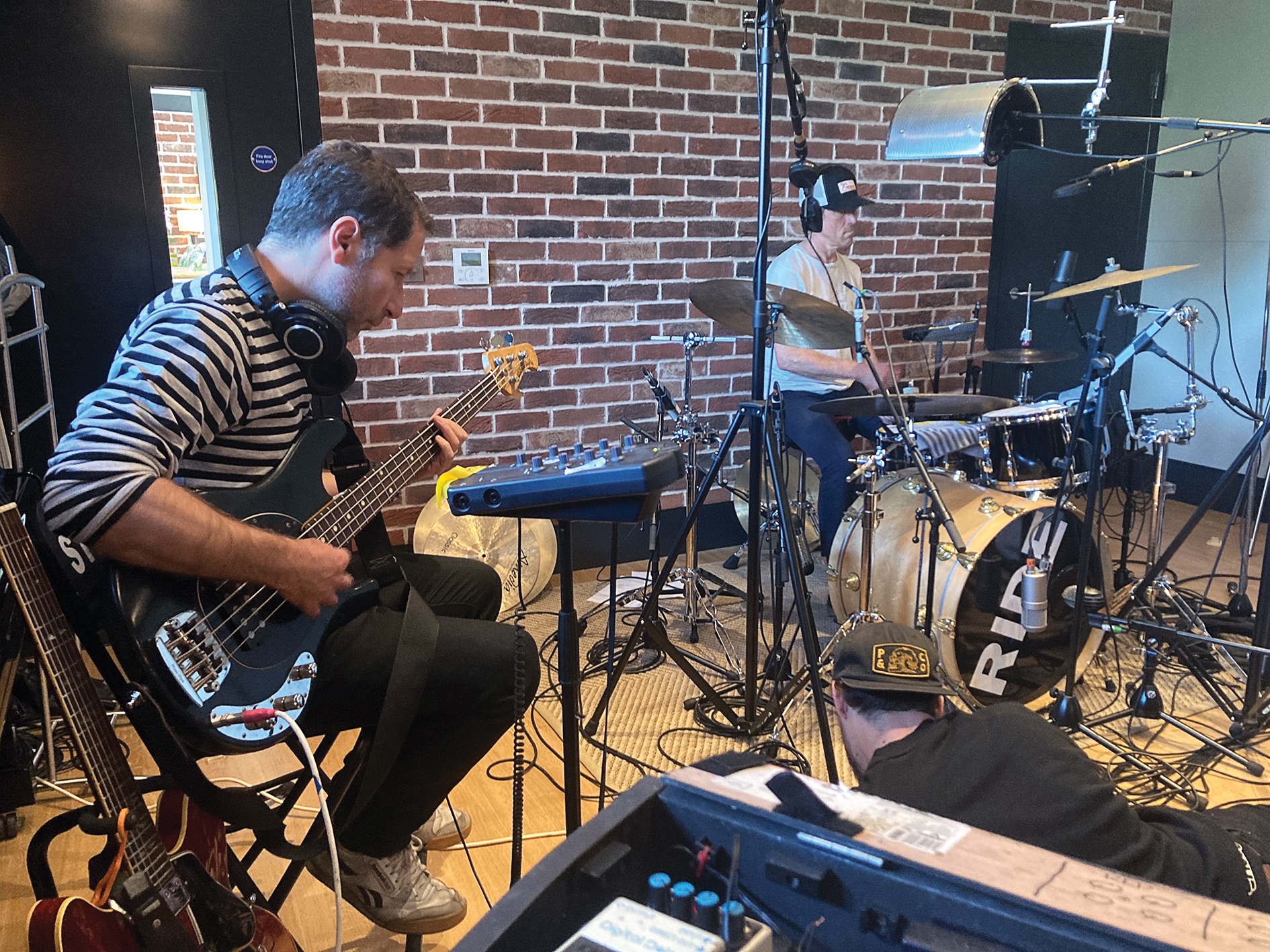
How do you feel about Ride’s association with the shoegaze genre? Has it been a benefit in terms of helping to cultivate an audience or pigeonholed you into an era?
“Initially, shoegaze was a derogative term that was thrown at us by English journalists when grunge and Nirvana kicked in because we were obviously not them. It then became a genre-describing word, but it’s hard to know whether it’s been a benefit or not.
It’s a pretty broad church in the sense that anybody that uses a bit of atmospheric guitar suddenly becomes ‘shoegaze’, and I suppose we’re seen as early pioneers alongside My Bloody Valentine and Cocteau Twins. I’m a huge fan of both bands because they make great, interesting music, but for me it’s just about writing good, atmospheric songs. If I think of the genre as a ‘sound’, it’s not that interesting.”
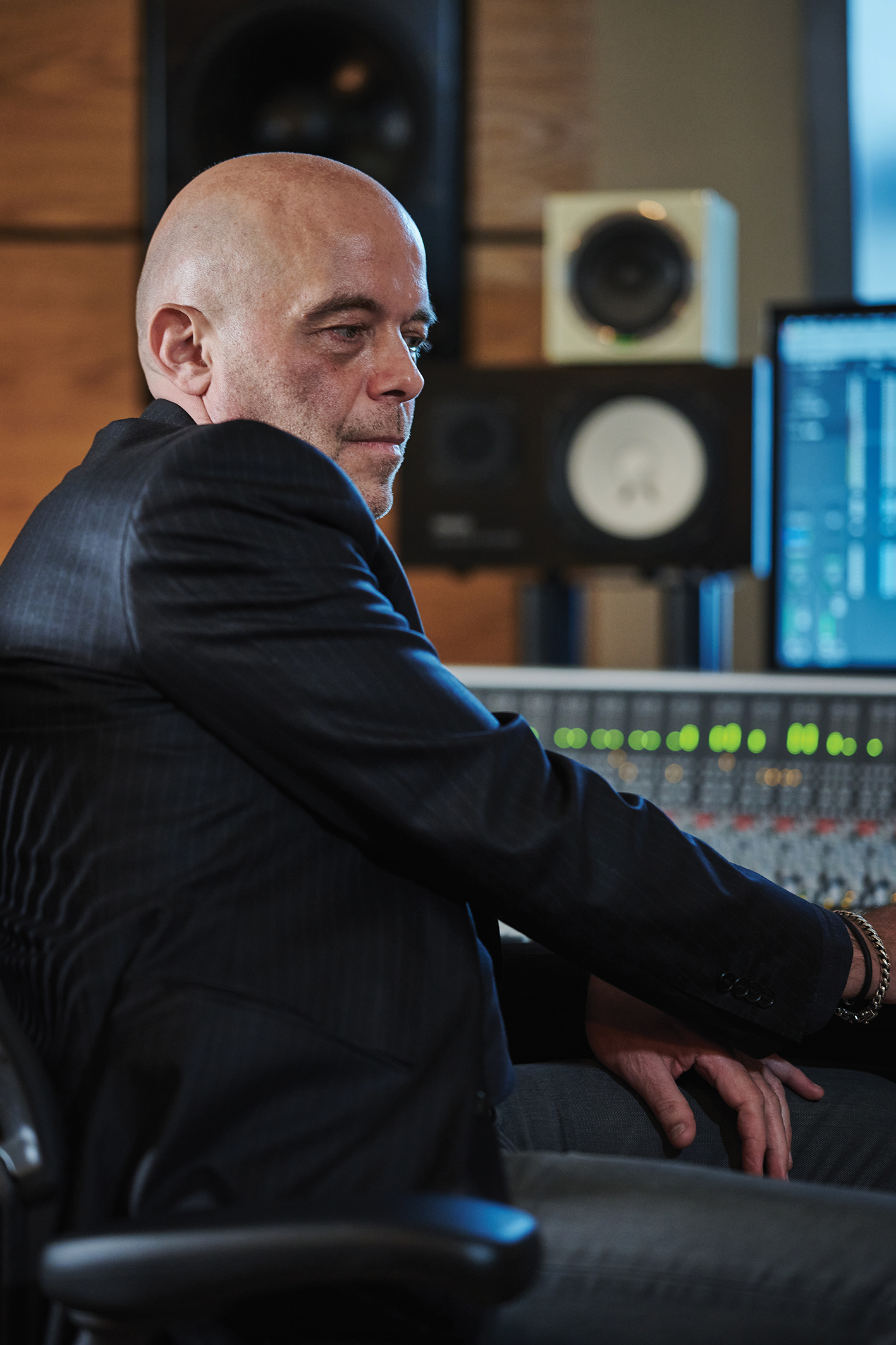
It was interesting to read Andy Bell say that The Smiths were quite inspiring to him, which can also be detected in your sound, on occasion…
Want all the hottest music and gear news, reviews, deals, features and more, direct to your inbox? Sign up here.
“When I think about our influences back then, I was into rock stuff, early hip-hop, electro and ska, but The Smiths were a big coming together for Andy and I when we were at school. They really spoke to me, alongside obvious classic ’60s bands like The Beach Boys, The Beatles and The Velvet Underground, who were important in relation to how we wanted to present ourselves.
“When Steve [Queralt, bass] came into the band, he was working in a record shop and had first dibs on some really new and contemporary bands at the time. So, if you combine all of that, you’ll definitely get the sound of Ride in the early days.”
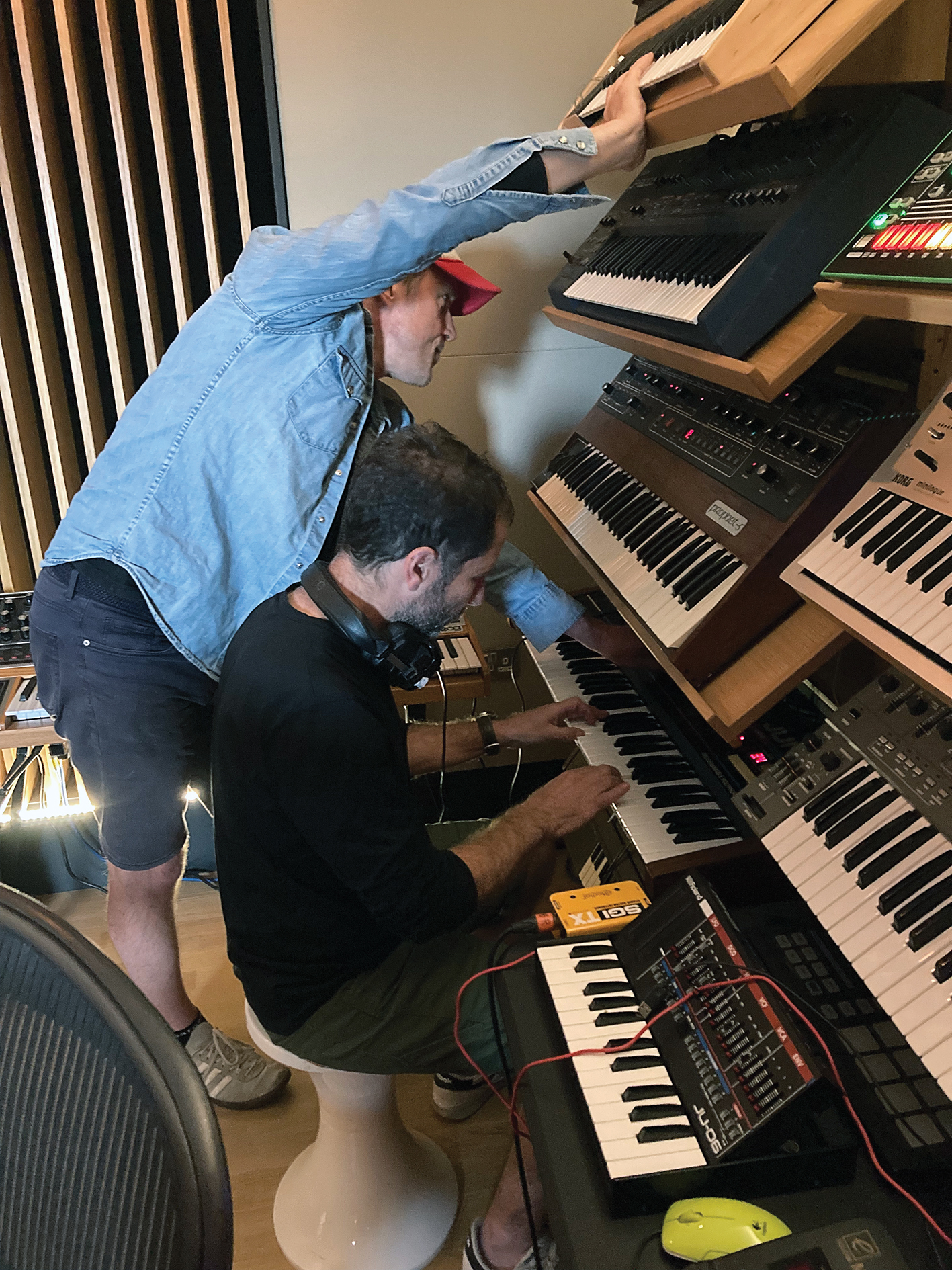
You had your first taste of fame in the early-to-mid-’90s. Did you try to chase that success or have the wisdom to sense that might be a mistake?
“I wouldn’t say I had a lot of wisdom back then, but I never expected Ride to go off in the way that it did in terms of us getting signed to Creation and being their first band to get into the charts. I was happy that it happened, but it was all very fanbase-driven because a lot of people would buy our record in the first week, which threw us in the charts at a high position.
“I immediately felt quite awkward because I knew that our success was unsustainable and that the media tended to build people up then knock them down. Nothing really prepares you for fame and it’s a strange feeling – you only really understand it when it happens to you, and maybe that’s why bands such as Primal Scream and ourselves gravitated more towards dance music and clubbing, so we could feel anonymous again.”
In those days, the music papers had a lot of power to influence people, for better or worse. Is it a relief that’s all in the past or was it all part of the fun?
“It was part of the fun. Even though you might not agree with A&R people and journalists and we could tell that they had an agenda or were a bit bitter because they wanted to do what we were doing, there were filters that don’t seem to exist anymore. I used to buy and read all the music press, and I’d be lying if I said that bad reviews didn’t affect me, but like you said, it’s a totally different world now. These days, pretty much anyone can release a record, but back then you had to be pretty good to even get in the papers or signed by a label.”
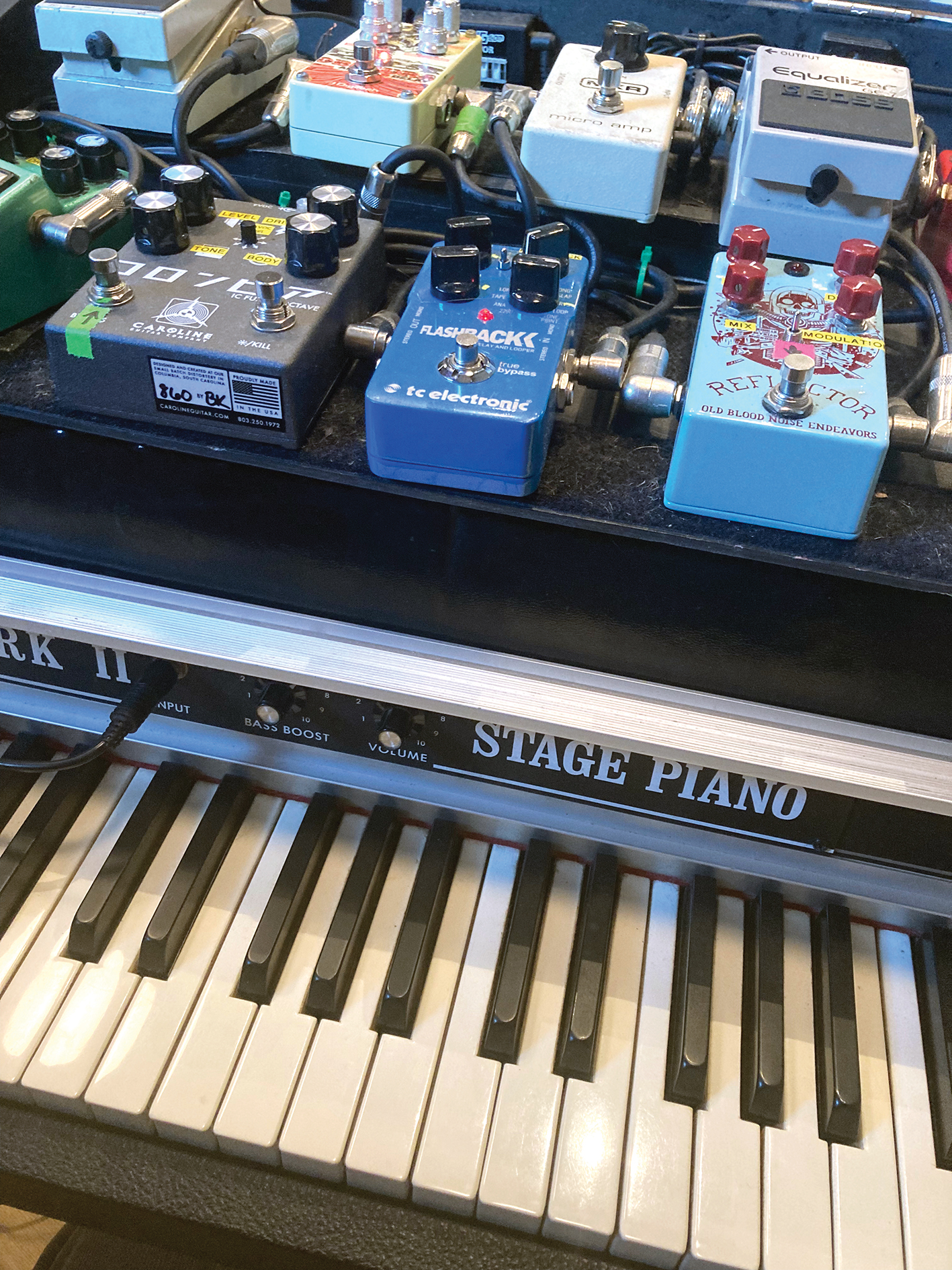
Ride didn’t release anything between 1996 and 2017 amidst talks of acrimony. Was that partly a result of feeling you’d achieved everything you’d set out to?
“I didn’t think we were playing to our strengths anymore and there was a lot of stuff going on individually. It was chaos, really. Andy and I had been in each other’s pockets for years and real life pulled us all over the place. Because we got to places we didn’t really expect, when the singles started to fade it felt like we were on the way out, which is what happens when you get into that numbers game until you realise that art and good songs are about creating something timeless. We were young and really poorly managed, too.
“Rather like Creation Records, what made Ride good and interesting was that we were like a car that was gathering speed and momentum but always a little bit out of control. It was always going to crash into the wall and that’s what happened to us and Creation. Then Oasis signed to them, which changed everything.”
When you returned in 2017, there was talk of unfinished business. What did that specifically mean to you?
“To me, it meant that when all the stuff I just talked about had gone because the bubble had burst and we’d spent enough time away from it, we realised that we’d made something that had stood the test of time but could still come back and make some really great new music rather than do the whole heritage thing.
“While we didn’t get on that well towards the end of Tarantula, there’s always been a good chemistry between us, and we’re good when we’re in a room together. I guess we felt that there was still a lot more music in us.”
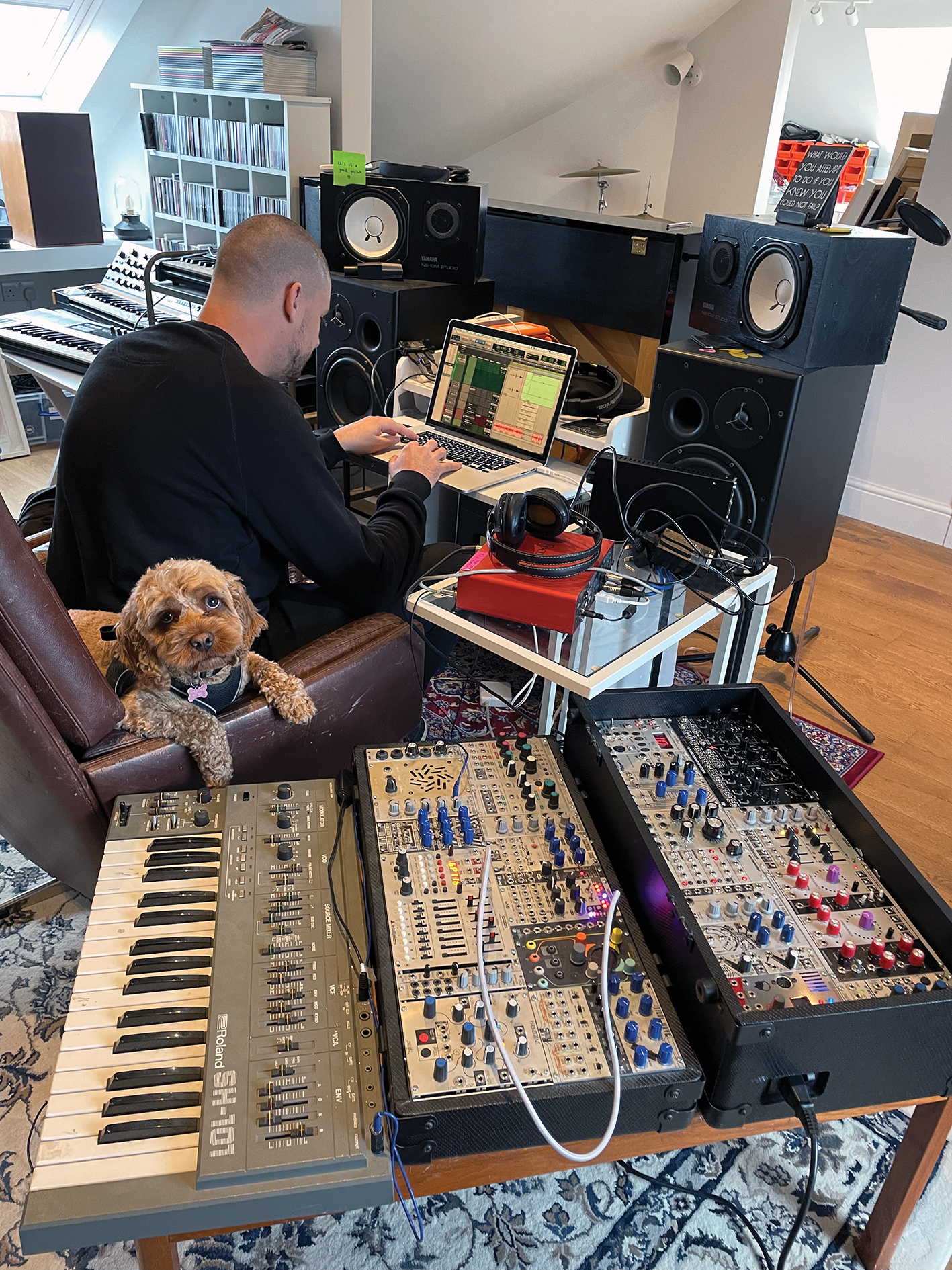
Do you believe the chemistry that a lot of highly successful bands have is accidental or honed over time?
“I do think it’s down to alchemy, but like any relationship you need to work at it and keep people on track. The nice part about that alchemy is that it’s not an exact thing, which drives you mad at times, but at other times the experience that comes from it is transcendental and amazing.
“With this latest album, Interplay, we came through a lot of adversity due to Covid and a hideous legal case with an ex-manager that we’d fired, but those experiences also served to enthuse, strengthen and remind us of what the music is all about.”
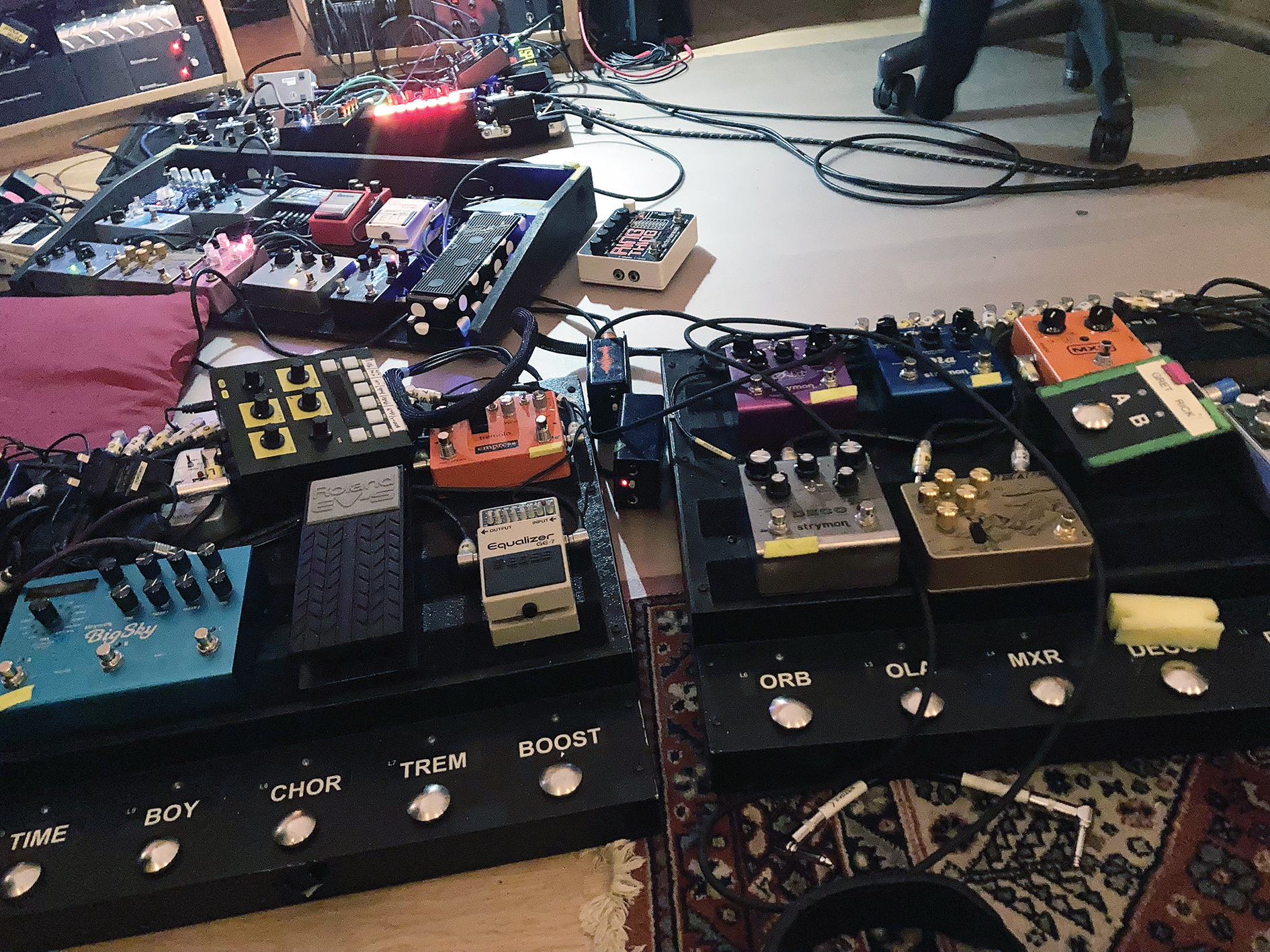
You’ve obviously been back together for a while, but after a 20-year break, did you notice you were all much better as musicians, individually and collectively?
“I did, and a lot of that is to do with technology. This is going to sound so ridiculous, but in a lot of ways we were just stoned silly boys the first time around who had no idea what we were doing. The noisy guitars would drown everything out and the monitoring was so bad that we couldn’t hear each other very well.
“Andy and I do a lot of harmony singing, but during the ’90s I don’t really remember ever hearing him sing on stage. Being able to actually hear each other has made us much stronger and more consistent, especially when we play festivals.”
These days, pretty much anyone can release a record, back then you had to be pretty good to even get in the papers or signed by a label
When you returned in 2017, you enlisted Erol Alkan to produce two albums. Why appoint a dance producer?
“Being so entrenched in the instrument, I think guitar bands then like to experiment more with synths at some point, whereas synth bands like Depeche Mode did the opposite and drifted towards guitar. Erol was Andy’s mate and I really like him.
“Of course, he was known for being a DJ, but he’s totally eclectic and has produced other indie bands. He’s great at getting performances and it was cool to see him work with a drummer as good as Loz [Colbert] who could actually play those beats. He was also great at sequencing and helping us to select songs that were good or didn’t need to be put on an album.”
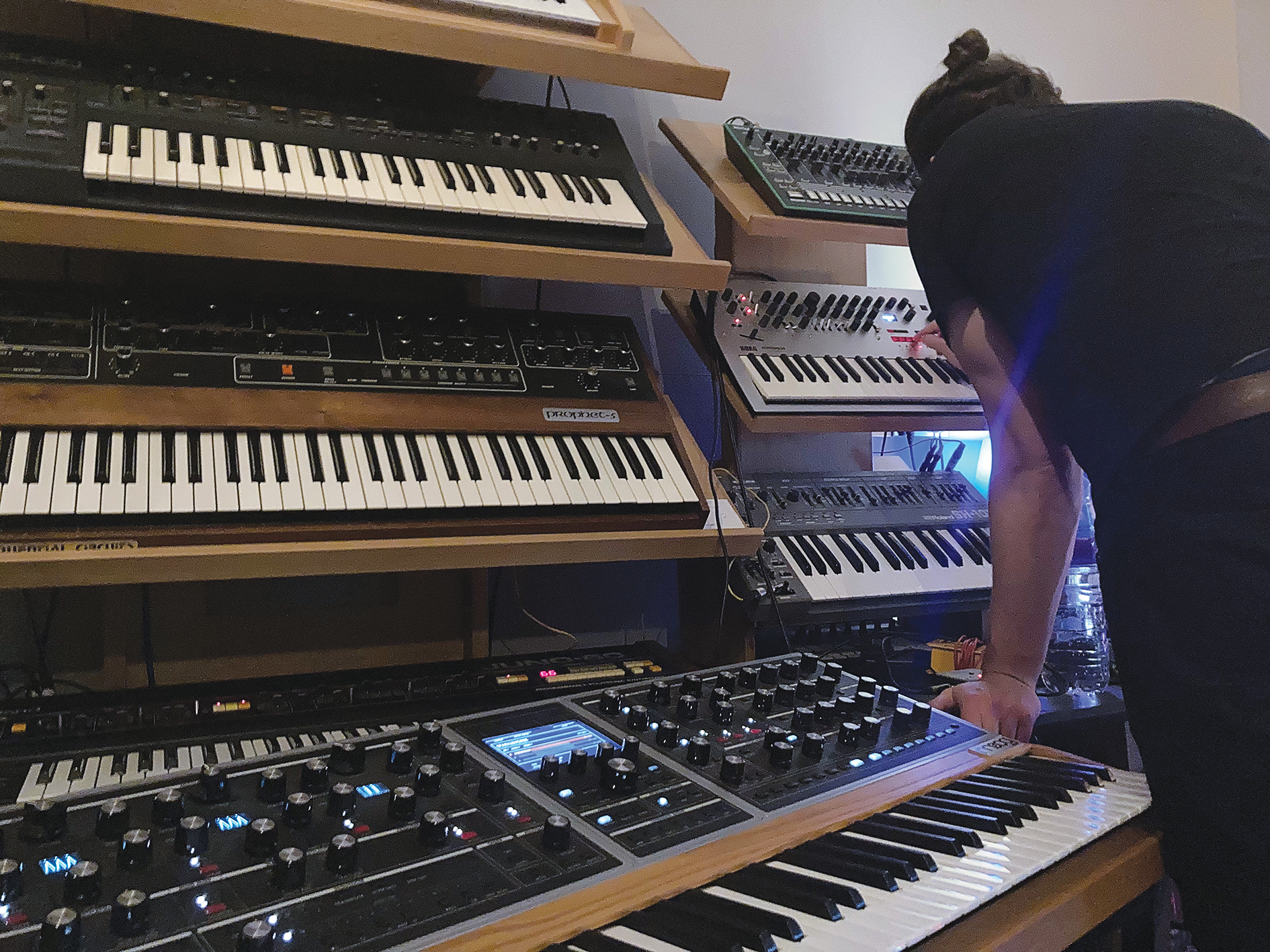
You didn’t go with Erol for your latest album, Interplay, but did continue with Richie Kennedy who is a close associate of his?
“When we worked with Erol on [2019’s] This Is Not a Safe Place, we did some work at Battery, which is Flood’s studio and Richie had already worked a lot with Flood and Alan Moulder. We noticed this guy who was well trained and super-proactive. Initially, I was engineering the album and mixing everything myself as it was coming together.
“On tracks like I Came to See the Wreck, I was jumping between the control room and the live room, recording vocals and then pressing stop. I was wearing far too many hats and just wanted to be another guy in the band, so I put an SOS call into management, and when Richie came in I was totally liberated. He added some good stuff to tracks that were already written and was a great sounding-board for this whole process.”
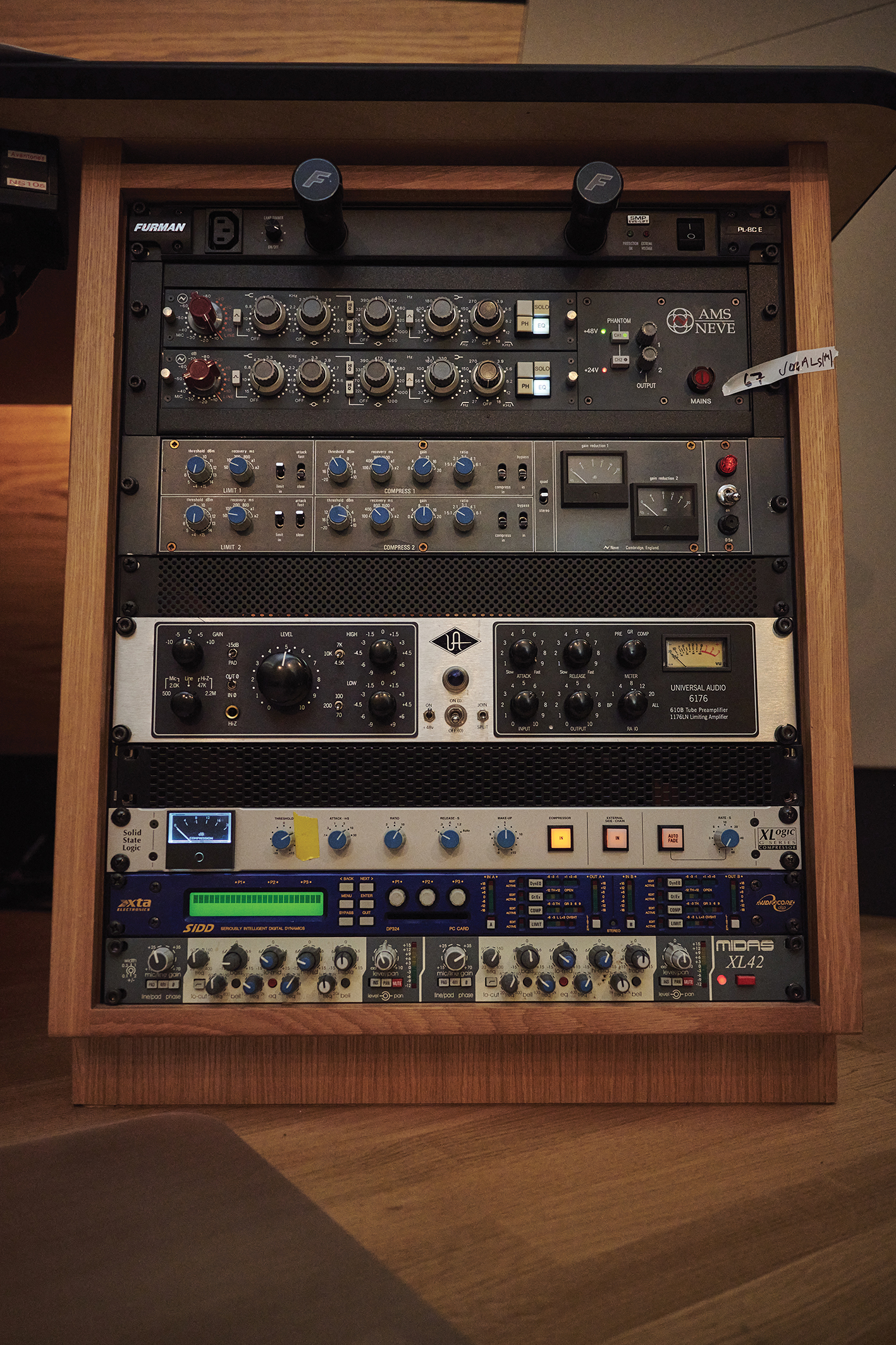
How have things changed in terms of how Ride initially used to record tracks and how you work together today?
“A lot of this record came from us being in a room together and jamming to get instrumental ideas together. Having been separated by Covid, we were just happy to be back as a group, but we’d also bring in ideas that we’d been working on at home. Loz and Steve would work on stuff and I’d jump on those takes and turn them into a song with vocals and a top line.
“Originally, Andy and I were the guitar players and singers, so it was more obvious and easier for us to present ideas in that way, but laptops have been liberating for us all. Loz and Steve always had loads of great creative ideas to offer, but they do a lot more of that now so it’s more of a team effort.”
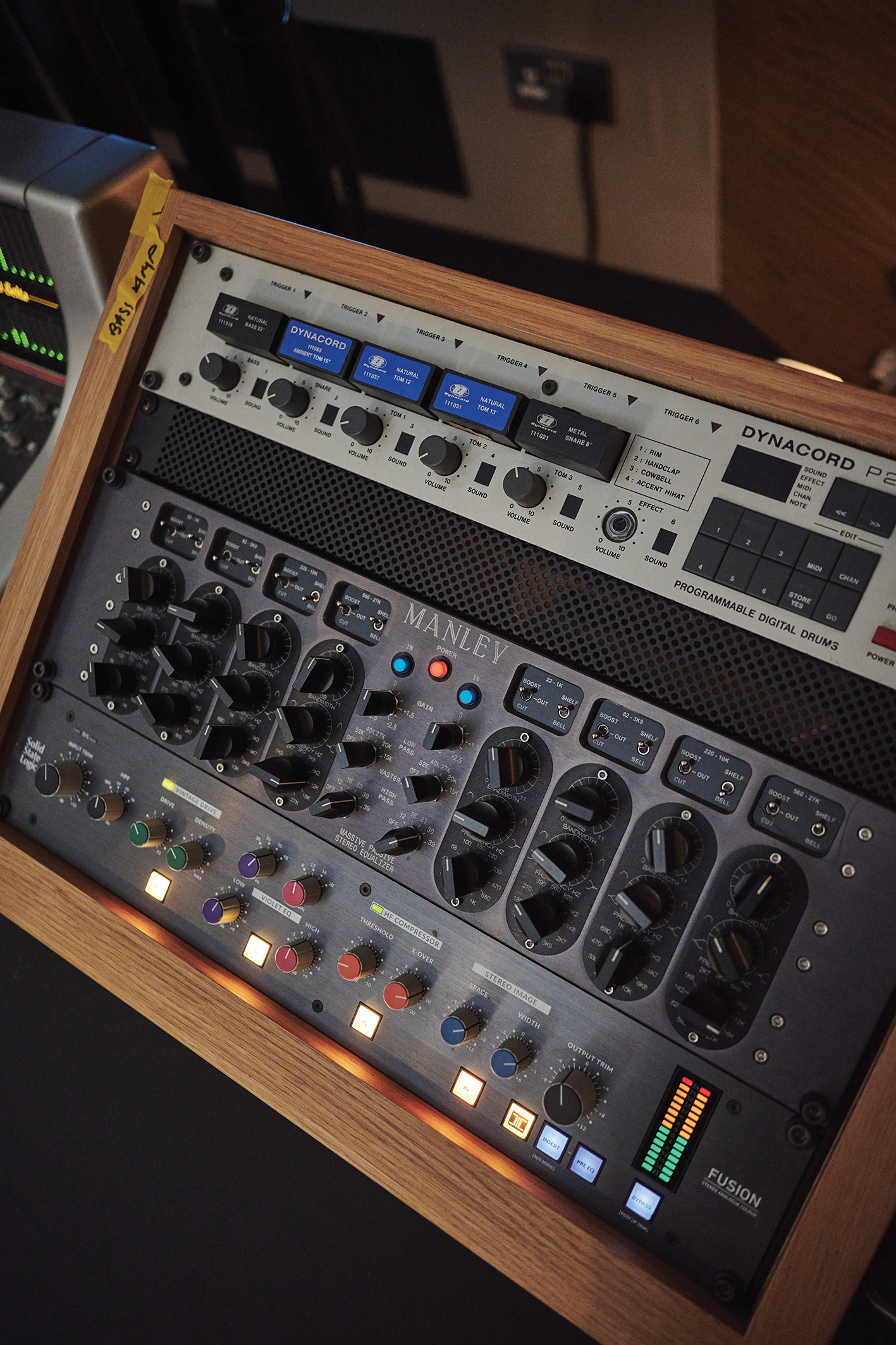
What sort of ideas might they bring to a session?
“Loz is the drummer, but he won’t just bring in a drum track, his rhythms are very musical and Steve loves his synths. I Came to See the Wreck was pretty much formed and we used a lot of the original parts from Steve’s demo, which was actually very Boards of Canada-sounding before we added vocals and guitars to create a Ride track.
“At first, we called all of the tracks place names, for example, Peace Sign was initially called Berlin because it had a Krautrock feel, and that came from us all jamming and recording in a very freeform style. We called the album Interplay because it felt like we were reacting in a room in a similar way to our first recordings.”
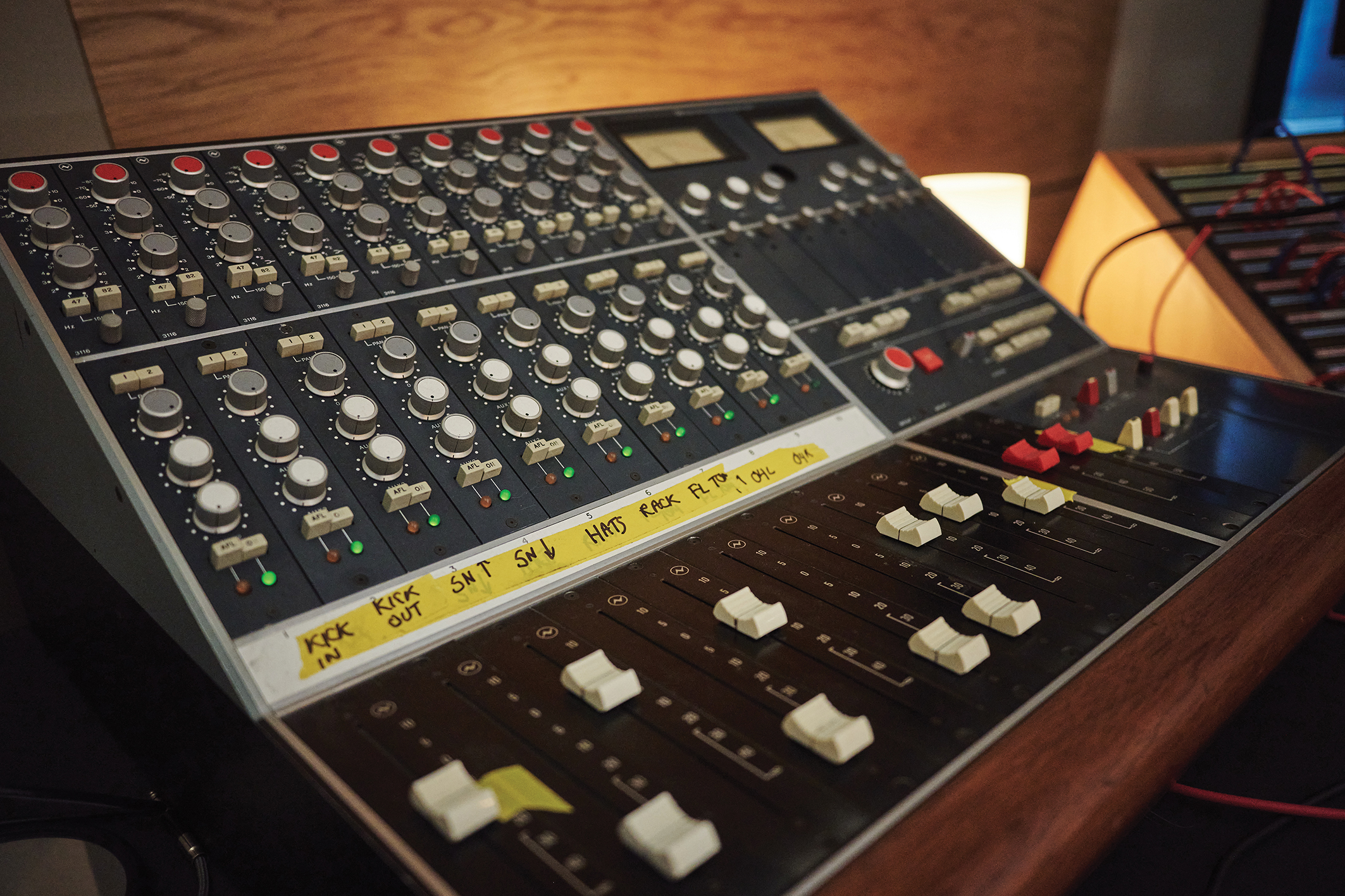
Do the lyrics draw on what you’ve been through as a band or are they more politically motivated as that becomes more important to you over time?
“As well as being in Ride we all have to work and get bills paid, so politics does come into view as sometimes you can’t believe that certain things are actually happening. We’re not like Oasis who made their millions – we’re in the same boat as most of our audience. Apart from that, I’ve always been a magpie in the sense of being influenced by anything I watch or read. Once we’ve got the music down, I look at notes I’ve scribbled down to see if I can use some of them, but it’s a bit of a strange process.
“A track like I Came to See the Wreck was like a therapy for me – it exorcised a lot of demons that I’d been feeding as a result of the isolation of Covid and a break-up that led me to move out of my home in Oxford and into the studio for a while. You want to feel that the words and music can merge seamlessly with your mood and raise your emotion when you sing them to people, and I certainly feel that with tracks like Monaco, which reflects on how everybody’s been smashed to pieces in this country and living to work rather than working to live.”
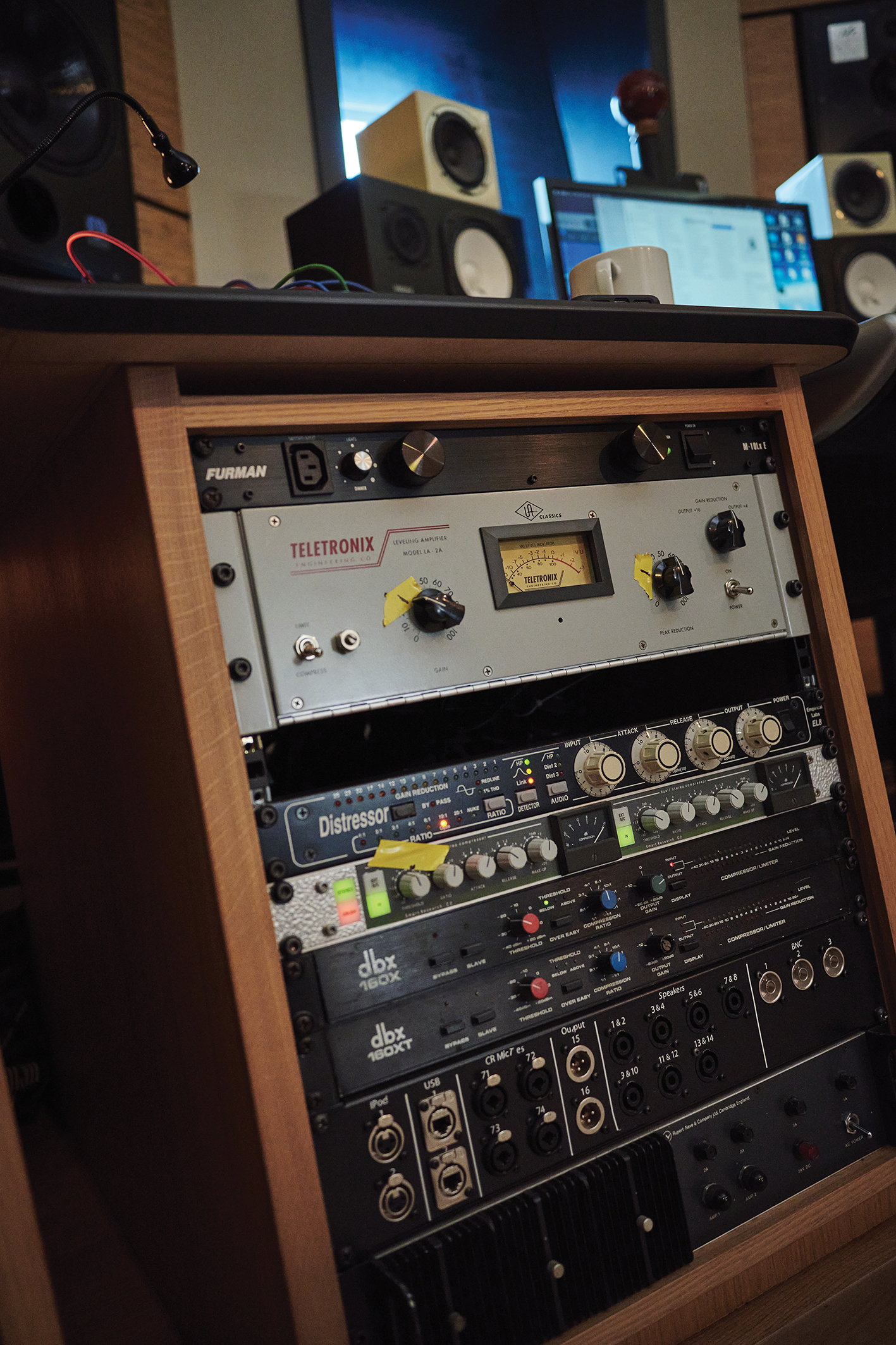
We also read that the sound of the album is signposted by ’80s artists that you have a newfound appreciation for. Can you expand on this for us?
“We talked about the shoegaze thing earlier and the bands that have influenced us, but Andy and I did a Mark Hollis tribute at one point and had forgotten how great Talk Talk actually was. I grew up listening to a lot of ’80s stuff like The Cure’s Head On The Door and Tears for Fears’ The Hurting, which was an album that I used to listen to in bed on headphones when I had mad dreams of being in a band one day.
“It’s comforting to go back to that when you’re feeling a bit knocked around by life, so it’s in the mix along with everything else, but I’m not trying to guide the music in that direction or look at anything other than trying to serve the music that’s in front of me.”
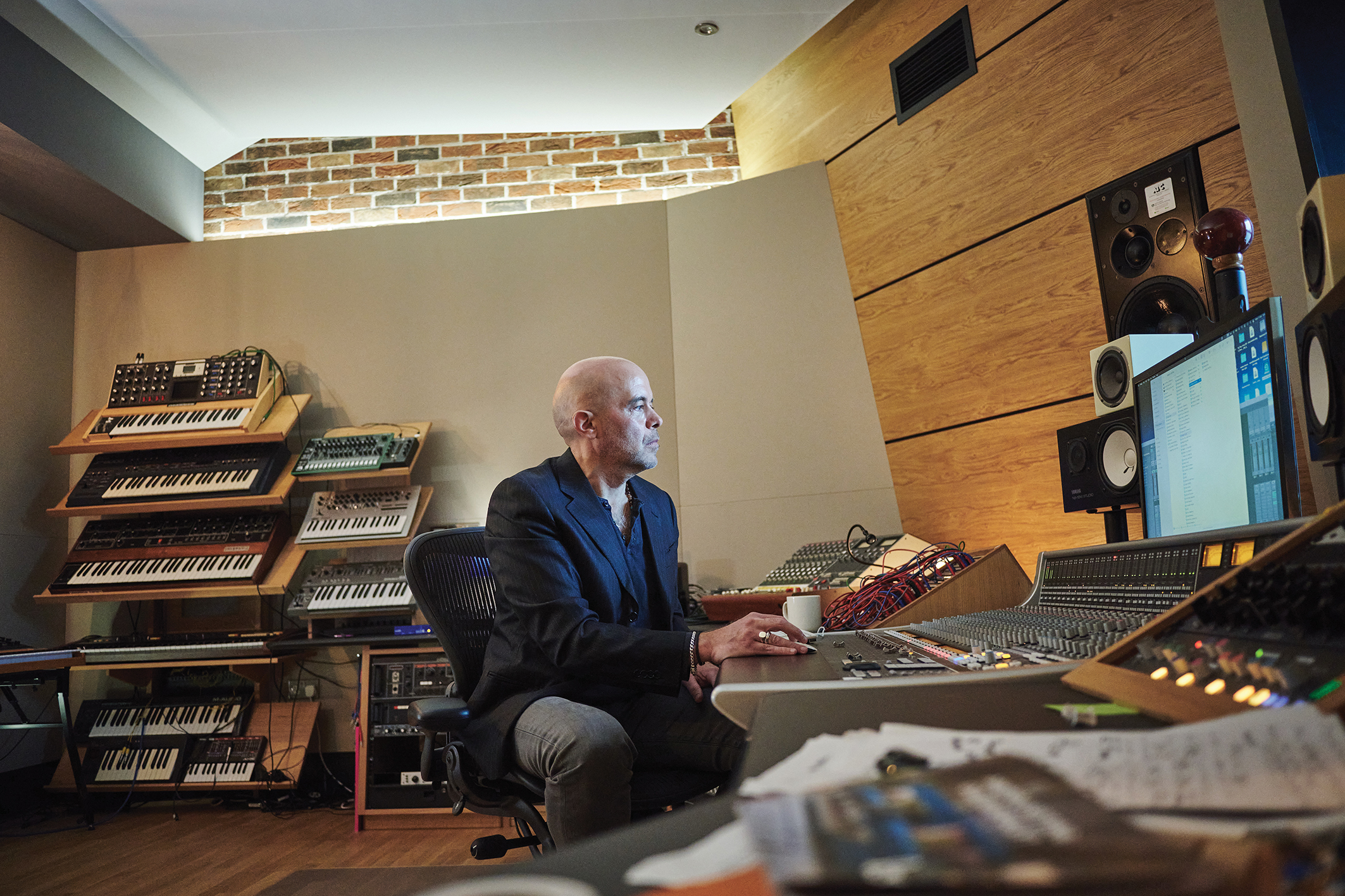
Is your studio, OX4 Sound, mostly based on gear you’ve personally collected over several decades?
“I love digital tools and the fact that you can work in the box, but my studio’s really geared around coming out of the box. The studio is centred round a Solid State Logic AWS 948 console, which I love. SSL is actually based just down the road from me and I love dealing with them because they’re old school. I’ve also got an old Neve KELSO, which is really punchy, lots of Thermionic Vulture valve outboard gear, and some Massive Passive EQs because I do a lot of mixing and mastering here.
“I still love using valves and what proper outboard gear does to the sound of music, but I love digital too. The combination of the two is the sweet spot, but the console is an instrument in itself and integral to the process of making music as much as the guitars that we use.”
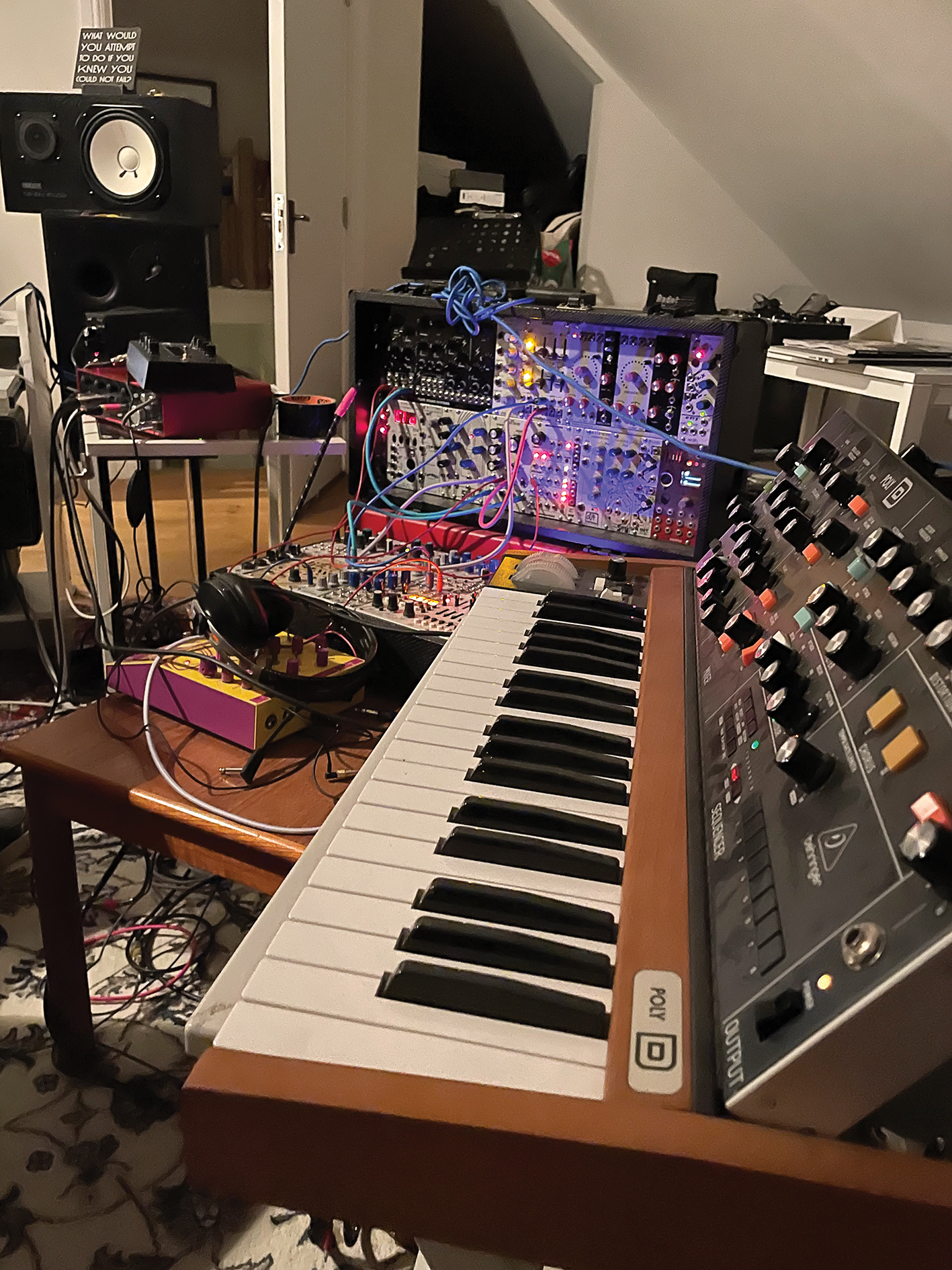
So it’s very much about coming out of the box and running everything through analogue to add character to the sound?
“80 to 90% of my mastering process is analogue, which puts a warmth, depth, width and weight back into the music when it comes out of the box. People always say ‘my god, whatever you’ve done sounds incredible’, but half of that is about putting stuff through great gear and having a balanced room, otherwise you’re all over the place.
“It took me a while to get my head around all the gear I have and I had to spend a lot of time learning about it in isolation, but I feel very in control of those tools now and know how to get the best out of them. I’m definitely a gear nerd, but I had to stop otherwise I’d have gone bankrupt.”


